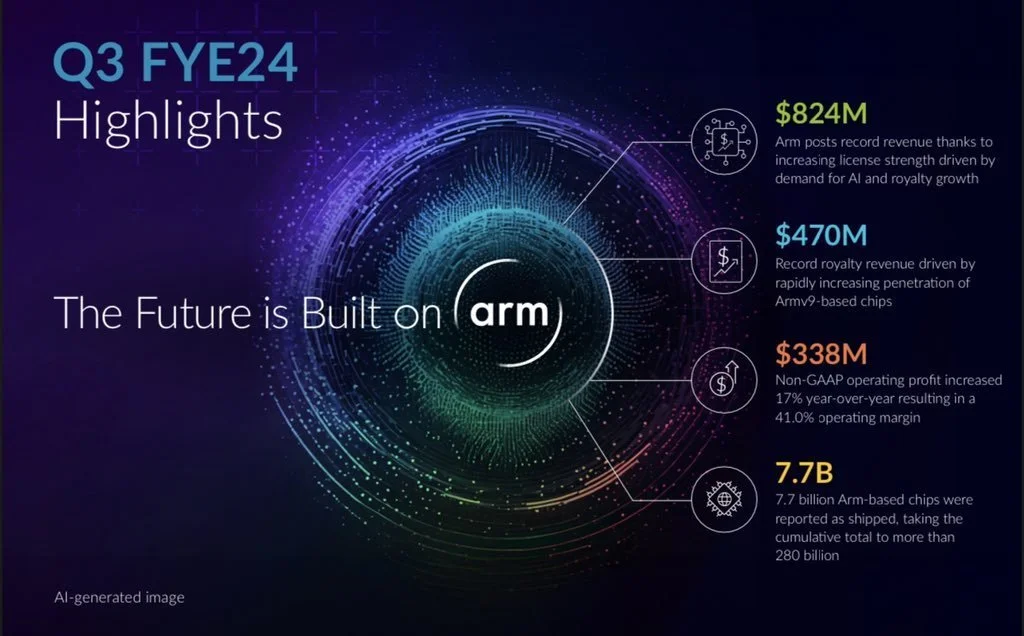Can Arm possibly justify its huge value bump?
/In what is likely one of the biggest stories in tech for the week, Arm Holdings, a company that only recently returned to being a public company in September, saw a huge spike in its stock, nearly 60% at one point, after its quarterly earnings report. As recently as Halloween Arm was under $50, yet broke $120 on Thursday.
Read More






